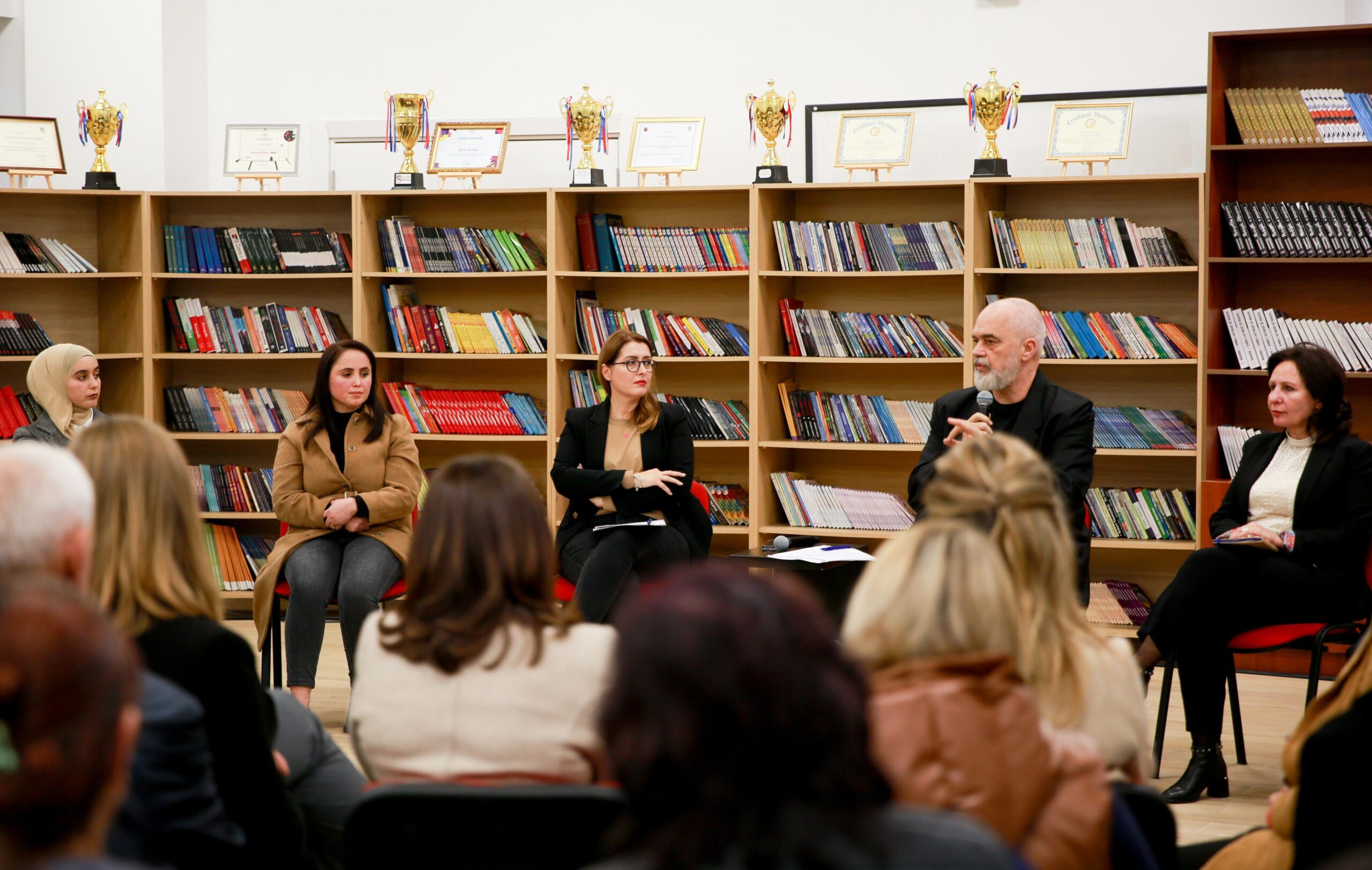Albanian PM condemns media speculation over teen murder case, floats TikTok ban

Nearly three weeks after the tragic killing of a 14-year-old boy by a peer, which also left another minor injured, the incident continues to spark widespread public and political debate. Allegations emerged in some media outlets claiming a second 14-year-old was involved in the attack, supposedly shielded by authorities due to family connections in the justice system. These reports, categorically denied by both the police and prosecution, were further dismissed by Prime Minister Edi Rama during a series of meetings with parents’ councils across schools in Albania.
PM denounces speculation: Speaking on Thursday, Rama criticized what he called “fabricated stories” that undermined the credibility of law enforcement. He assured the public that there was no second assailant, citing video footage from the scene as definitive evidence. “The police have conducted their duties properly, and no second attacker exists,” Rama stated.
The Prime Minister also accused media outlets of sensationalism and manipulation, driven by political interests and the pursuit of higher audience numbers. “These baseless claims added unnecessary anguish to parents and cast unjustified doubt on the professionalism of the State Police,” he said.
Debate on social media platforms: Rama’s comments also touched on broader concerns about the impact of social media platforms like TikTok and Snapchat, which he said are widely used by adolescents and often promote violence. These platforms became focal points for discussions about the schoolyard incident, with the suspect allegedly sharing a post displaying the weapon used in the crime. Rama revealed that the government is gathering feedback from parents and educators on whether TikTok and similar platforms should be banned in Albania.
“Through these discussions, I’ve heard parents’ deep concerns not only about TikTok but also about the toxic media landscape in Albania. Sensationalized news, driven by political agendas, fuels anxiety among parents and distracts from the truth,” Rama remarked.
Toxic media and political influence: Rama also criticized the Albanian Parliament as a source of “toxic rhetoric and hate speech,” accusing political figures of contributing to a divisive and inflammatory public discourse. While he expressed frustration over his inability to curb media abuses and fake news, he reiterated that the toxic environment is sustained by both politics and the media.
Next steps: The tragic school incident has prompted the government to initiate nationwide consultations with parents and teachers on the influence of social media and potential regulatory measures. Meanwhile, Rama’s criticism of media conduct and disinformation continues to stoke debate about the role of journalism and politics in shaping public narratives.


